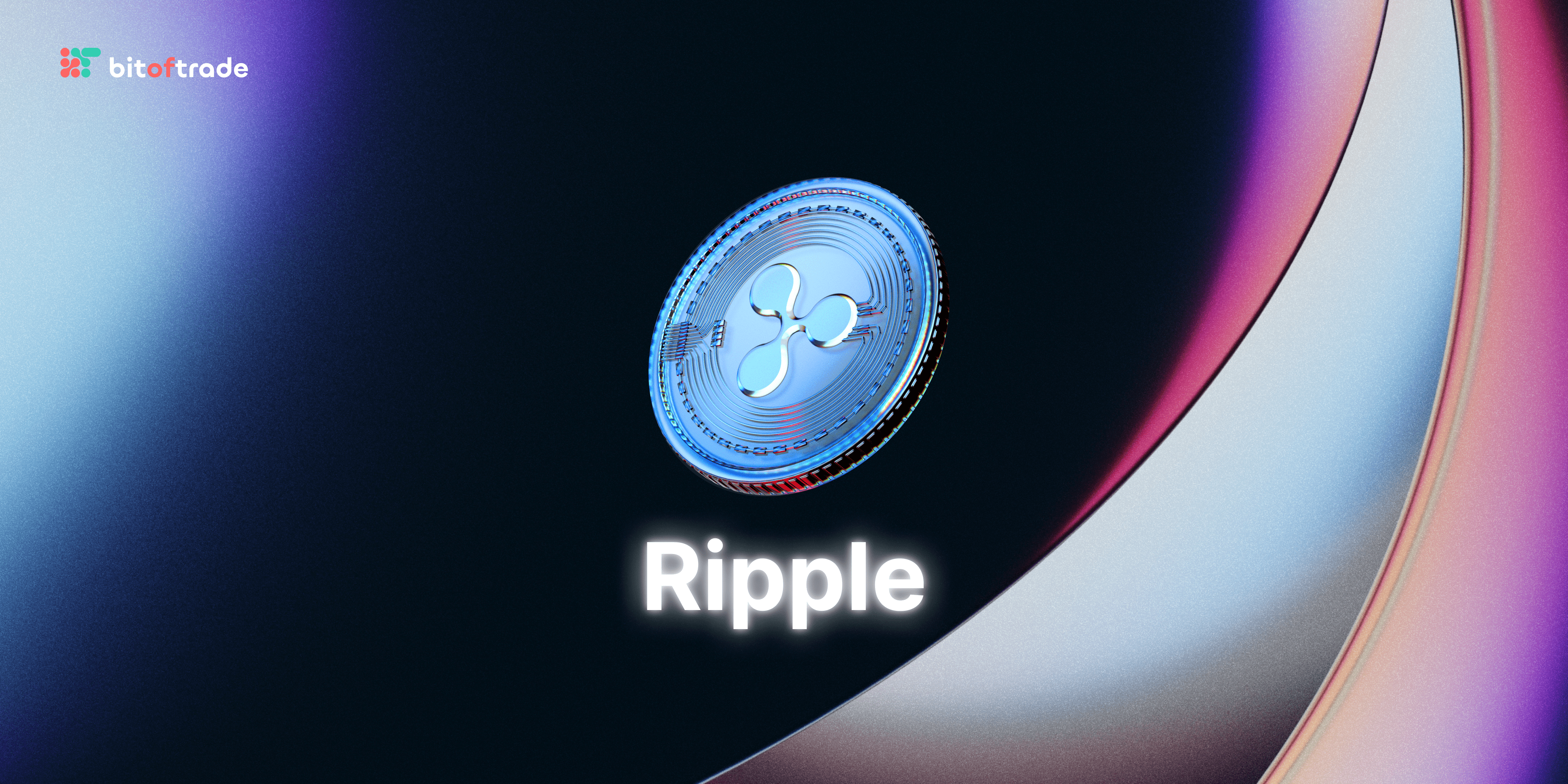For crypto investors, especially those who trade daily, fees can be a nightmare. Whether you are withdrawing or exchanging, fees could go up from $20 to hundreds of dollars.
Crypto exchanges have been raking it in. At one point, in May 2021, the total value (market cap) of the world’s cryptocurrencies exceeded $2.5 trillion. Regardless of whether prices go up or down, sometimes exchanges aren’t transparent on the fees they charge.
What’s the typical cost of cryptocurrency exchange fees?
Cryptocurrency exchange fees vary massively whether it’s a centralized exchange (CEX) or a decentralized one (DEX); there’s no such thing as a typical cost. Due to market volatility, fees ー the actual price customers pay after a transaction is complete ー can change almost hourly, or even more frequently.
According to an article in Money, Robinhood, the online broker generated $88 million in crypto fees alone. Almost all of that came from fees, and 34% of that came from fees on Dogecoin transactions, based on IPO filing data recorded with the U.S Securities and Exchange Commission (SEC).
Coinbase, in a recent earnings statement, generated from $34 to $45 net revenue every month from its millions of users. That equates to over $540 every year in transaction fees. In comparison, say you invest in a low-cost index fund that tracks the S&P 500, fees are generally around $3 for every $10,000 invested.
So, why are fees so expensive, and how can exchanges charge so much?
Gemini, Kraken, Coinbase: Why are fees hidden and expensive?
Usually, before making a transaction, users are not fully informed about how many fees they will pay (mainly on DEX platforms). An important advantage of bitoftrade is that we make fees transparent. But, unfortunately, not all platforms follow the same principle.
We analyzed how other platforms provide (or do not provide) information about the final amount of fees for a transaction or a withdrawal. Our selection includes two decentralized (DEX) and one centralized (CEX) exchange.
Coinbase, for example, one of the largest crypto exchanges, generated $1.1 billion in fees on a trading volume of $193 billion; approximately 0.57%, according to a Coinmonk article.
Perhaps unsurprisingly, Coinbase isn’t very forthcoming when stating the fees they charge. In a Help Center article, they say: “Fees are calculated at the time you place your order and may be determined by a combination of factors including the selected payment method, the size of the order, and market conditions such as volatility and liquidity.”
Generally speaking, crypto exchange fees include the following costs:
Order or Transaction Fee: Usually a percentage of the amount being traded or exchanged. In the case of Coinbase, this is around 1.49%. This is also sometimes known as a ‘convenience fee.’
Spread (usually cleverly hidden): Every centralized crypto exchange (CEX) has a price they are willing to buy crypto for (the bid), on any given day, and a price they will sell it (the ask). Spreads move constantly, depending on the movements in the market, similar to a currency exchange, except with more volatility. The difference between the ask and bid is the spread and another way that crypto exchanges make money.
Deposit/Withdrawal Fees: On top of the transaction and spread fees, anytime you deposit or withdraw funds, exchanges usually charge for this. There are very few free options. Coinbase charges around 4%. Kraken charges a similar amount. Gemini is free for (U.S.) wire transfers and crypto deposits but charges 3.49% for transfers to and from debit and credit cards.
Gas Fees: Depending on the blockchain a transaction is validated on, there are always going to be fees. When transactions are validated on Ethereum, gas fees can be pretty high. For every transaction, regardless of the amount being transferred or exchanged.
Because Ethereum gas fees are high and move quickly, it’s worth keeping an eye on them. A gas fee tracker has become an essential tool for crypto traders everywhere.
All of this adds up. Crypto trading, especially when it’s daily, or several times a day, soon starts to cost a small fortune in fees. It may not seem so bad when a trader is gaining a profit, but what if you are losing money? Unfortunately, the fees keep rising.
Crypto exchange fees are expensive. Perhaps, this wouldn’t be so bad if there was some transparency to them. But on most exchanges, this is not the case. A lack of transparency can be a serious downside to crypto trading, which is something bitoftrade wants to solve.
What is bitoftrade’s transparent fee policy?
bitoftrade is launching with a completely transparent fee policy.
We want traders, anyone who exchanges or leverages crypto to know what it’s going to cost before a transaction is executed. You shouldn’t be wondering how much a transfer, transaction, withdrawal, or exchange is going to hurt your wallet.
You should always know before, and on bitoftrade, we will stick to a transparent fee policy, from this point onwards. Making crypto trading and exchanges more affordable and transparent for everyone.
bitoftrade’s Fees
Fees on bitoftrade are transparent, and we want to keep it that way. Our fees include the following:
Transaction Fee: 0.2%. That’s right, bitoftrade only charges 0.2% on every transaction!
Gas Fees: Ethereum Gas fees on Swaps/withdrawals are variables, and we can’t control them. Fees can be anywhere between $6 and $60, with an average currently around $42. Keep track of them here.
Withdrawal Fees: Want to withdraw your funds after depositing for a leverage deal? Not a problem. As this is a non-custodial exchange, it won’t cost you anything. Our withdrawal fees are Zero.
On bitoftrade, there are three transactions customers can execute — Swap, Limit, and Leverage — and here are the fees for them:
Swap: 0.2% bitoftrade fee + Ethereum Gas Fee (average $42, keep track here)
Limit: 0.2% bitoftrade fee + Ethereum Gas Fee (average $42, keep track here) only when a position gets canceled.
Leverage: 0.05% USDC fee for opening a position + Ethereum Gas Fee (average $42, keep a track here) + 0.05% USDC fee for closing a position.
bitoftrade is transparent, affordable, and you are always going to know the cost before a transaction is executed.
Are you ready to enjoy more affordable fees to increase your profits?
Find out more, and explore a demo on: www.bitoftrade.com


